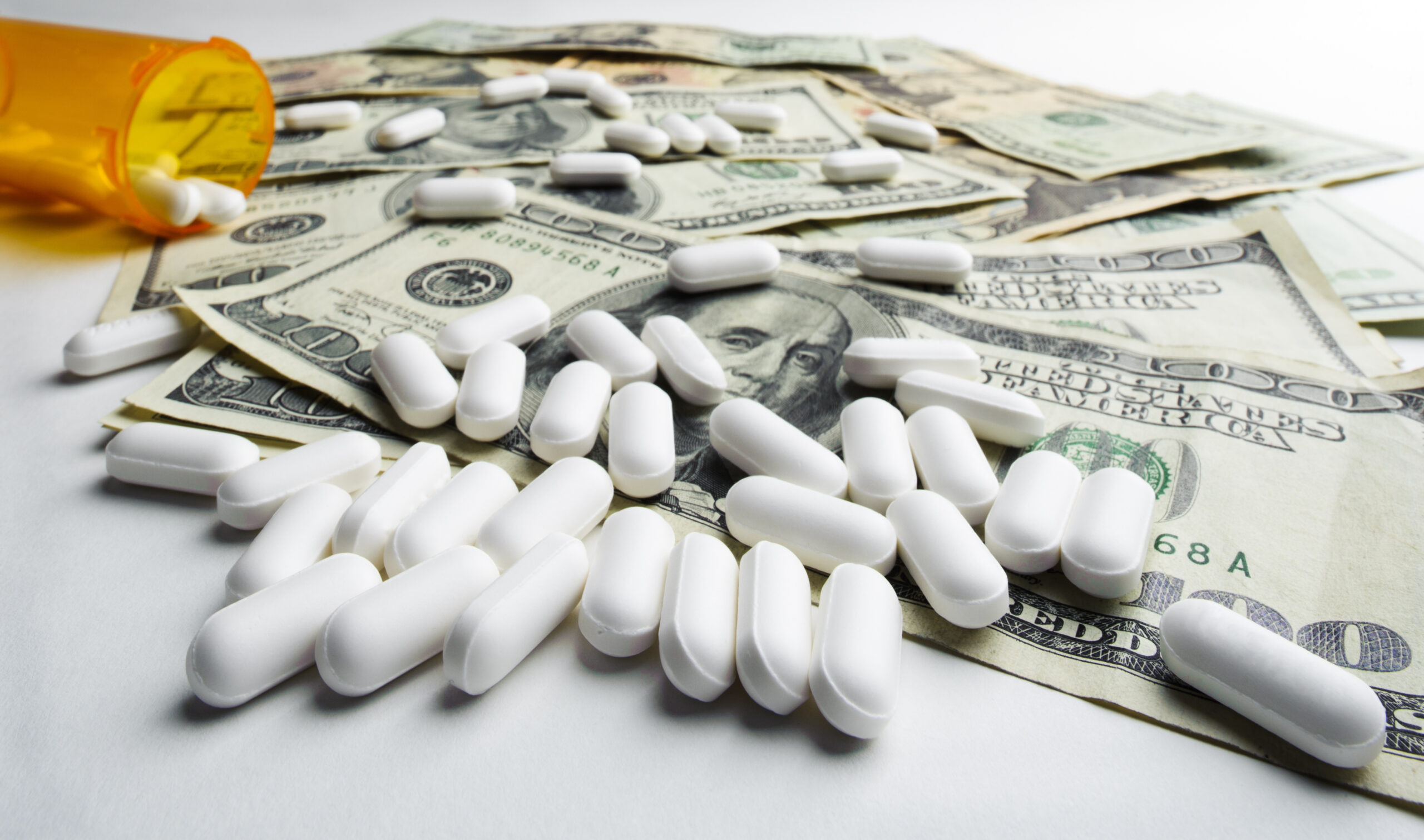© 2024 CSRXP- All Rights Reserved

Second Opinion: Rebate Rule Will Hike Premiums On Seniors
Mar 12, 2019
Lowering prescription drug prices is a laudable focus of the Trump Administration, and the Campaign for Sustainable Rx Pricing (CSRxP) supports several measures put forward by the administration, including getting more generics and biosimilars into the market to spur competition, increasing drug price transparency and cracking down on anti-competitive practices from big pharmaceutical manufacturers.
But the U.S. Department of Health and Human Services (HHS) recently introduced a proposal referred to as the Rebate Rule that would have immediate negative effects on American seniors and taxpayers — while rewarding Big Pharma with greater power over pricing and boosted profits.
HHS Secretary Alex Azar suggested on Tuesday during testimony before the U.S. House Committee on Energy & Commerce’s Subcommittee on Health that the Rebate Rule would not result in higher premiums for seniors on Medicare.
“I believe that we will keep premiums stable in Part D because it’s a highly sensitive marketplace to premium[s] and I believe the Part D plans will manage that effectively. I just think that it will get list prices down.” (U.S. Department of Health and Human Services Secretary Alex Azar, U.S. House Energy and Commerce Health Subcommittee, “The Fiscal Year 2020 HHS Budget,” 3/12/19)
But according to the HHS’ Centers for Medicare and Medicaid Services’ (CMS) actuaries, the proposed rule will increase Medicare Part D premiums for seniors and individuals with disabilities by 25 percent overall and 19 percent in 2020 alone. This would be the biggest one-time increase in the history of Medicare Part D. (Center For Medicare & Medicaid Services Office Of The Actuary, Memo On Proposed Safe Harbor Regulation, 1/31/19)
The Rebate Rule wouldn’t only hike premiums on seniors and many of the most vulnerable Americans, it would also bust the federal budget, while padding the bottom line of the pharmaceutical industry.
CMS actuaries estimate the rule would carry a $200 billion price tag for taxpayers over 10 years. The $200 billion cost would make it the most expensive regulation in U.S. history.
The massive price tag may explain why the proposed rule wasn’t even included in the president’s budget — the subject of Secretary Azar’s testimony on Tuesday.
The Rebate Rule would further boost the profits enjoyed by brand name drug makers, which are already among the highest in the health care industry. CMS actuaries estimate pharmaceutical manufacturers will stand to pocket $137 billion in overall drug spending — if the rule goes into effect.
CSRxP encourages lawmakers and the administration to consider the negative effects of the proposed rule on seniors, the disabled and taxpayers, and focus instead on market-based solutions that will lower prices by boosting competition and transparency.
